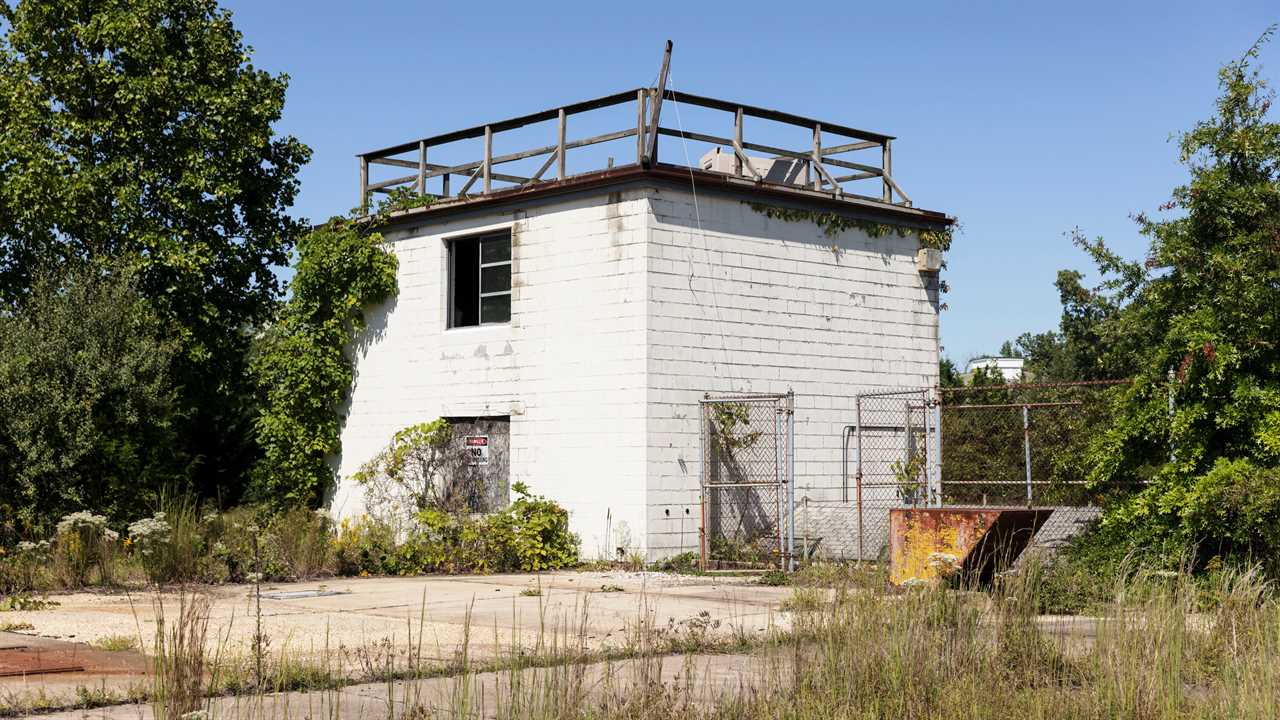
The plan sounded simple enough.The federal government has long owned more real estate than it knows what to do with — buildings that sit empty and sites that are underdeveloped — but it must jump through hoops before it can sell its holdings. So surplus properties languish while taxpayers foot the bill for maintenance.The solution, springing from legislation passed in 2016, was an independent agency that would quickly identify underused properties and expedite their disposal.But nothing has been simple about the Public Buildings Reform Board, as the little-known agency is called.It took three years for the five existing board members to be sworn in, and two empty seats remain, including that of the chairman. The Government Accountability Office reported that the board did not adequately document how it went about selecting properties for sale. The board was sued when it sought to sell a Seattle building that is a repository of important tribal records. The General Services Administration, the agency that disposes of most federal properties, has flouted the board’s advice.And so far, only a single property that the board has recommended for sale has actually been sold.“It’s taken a lot more effort to get rid of this stuff than the reformers had hoped,” said Demian Brady, vice president for research at the National Taxpayers Union Foundation, a lobbying group.The board’s tribulations are a reminder of how difficult it can be to untangle government red tape. Some of the issues can be chalked up to growing pains and the difficulties of operating during the pandemic, and board members contend that the agency has turned a corner.But the rise of remote work means that federal agencies are likely to need less office space, resulting in a greater need for the government to reduce its footprint.“This tool is going to be more, not less, important going forward,” said Daniel Mathews, head of federal sales at WeWork and the former staff director of the House subcommittee that drafted the legislation creating the board.But whether the board will have its intended impact remains to be seen.“It’s turned into an arm-wrestling contest,” said Norman Dong, a managing director at FD Stonewater, a real estate company. He supported the legislation as commissioner of the public buildings service in the General Services Administration.Image

Only eight of the properties identified by the board have been put up for auction.Credit...Ting Shen for The New York TimesThe problem of surplus federal property dates back decades, well before the Public Buildings Reform Board was created. By 2003, the Government Accountability Office had placed the management of federal real property on a “high risk” list, in part because of longstanding difficulties unloading unneeded property.The General Services Administration functions as the federal landlord, managing the buildings the government owns. But it cannot sell a building unless the agency occupying it declares it “excess.” And agencies have had little incentive to do that.It might cost an agency less to maintain a building on an annual basis than to relocate employees to a smaller space and prepare the old building for sale, even if it makes sense in the long run to get the property off its books. And agencies may not benefit financially from a sale because the proceeds often go directly to the Treasury Department.If an agency does deem a building “excess,” there are additional hurdles: The property must first be offered to other agencies and, if there are no takers, made available for homeless services and other uses. The process can take years, leading to a backlog.Business & EconomyLatest Updates
Updated Sept. 13, 2021, 6:24 p.m. ETFox buys TMZ from WarnerMedia, deepening its ties with the gossip brand.Head ofBy: Jane Margolies
Title: A Plan to Hasten the Sale of Surplus Federal Property Gets Bogged Down
Sourced From: www.nytimes.com/2021/09/14/business/sale-surplus-federal-buildings.html
Published Date: Tue, 14 Sep 2021 09:00:22 +0000
Read More
Did you miss our previous article...
https://badpoliticians.com/us-politics/higher-approval-a-new-electorate-and-no-arnold-this-is-not-2003
 UK PoliticsWorld PoliticsVideosPrivacy PolicyTerms And Conditions
UK PoliticsWorld PoliticsVideosPrivacy PolicyTerms And Conditions
